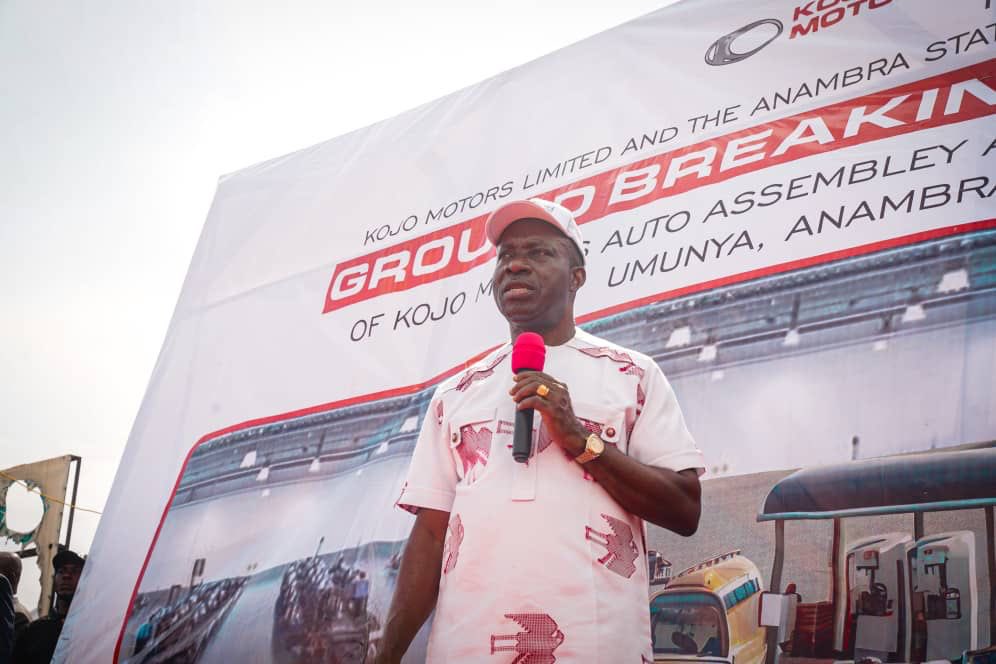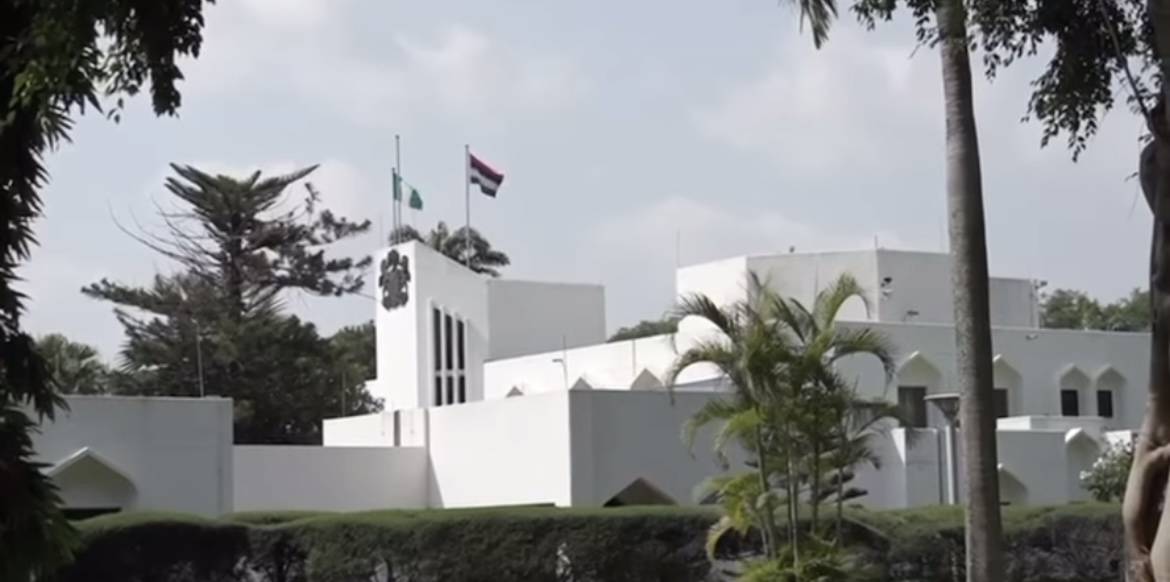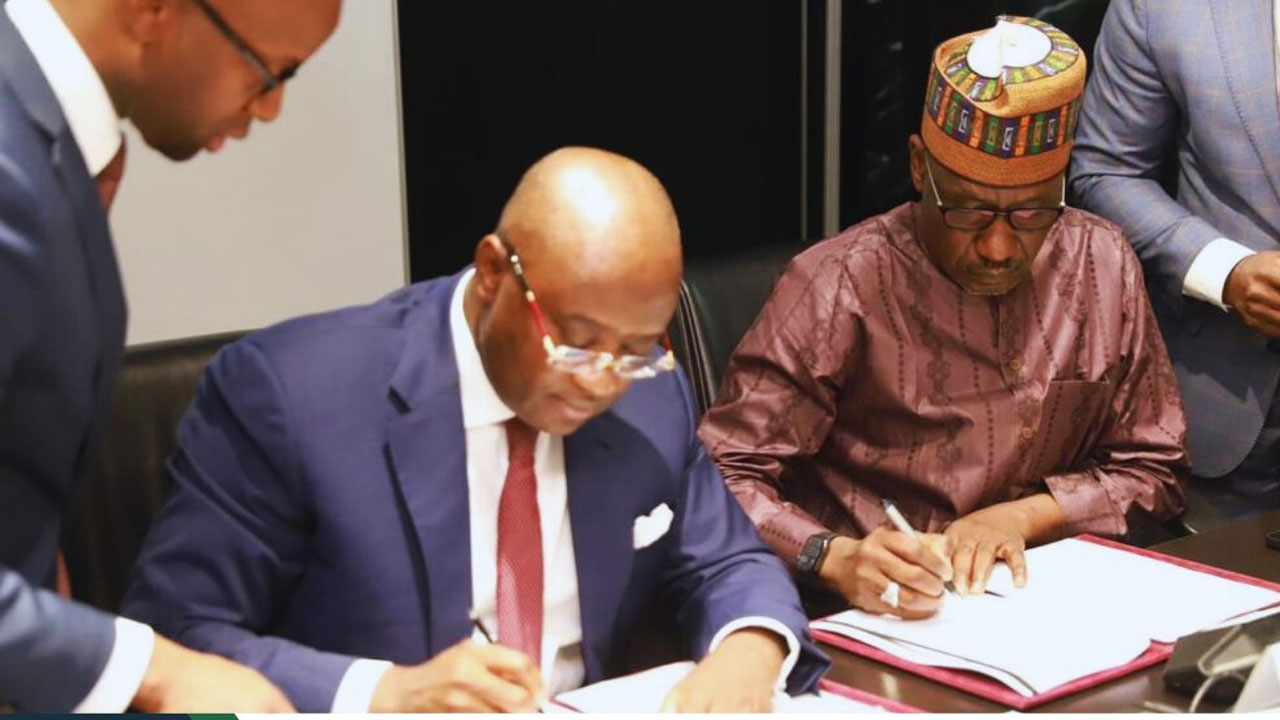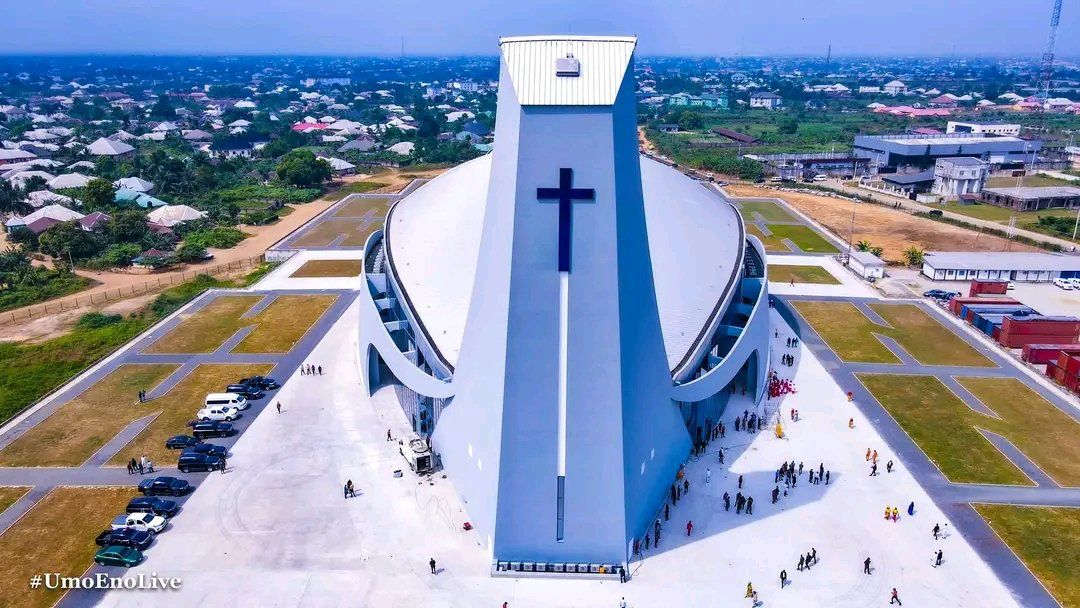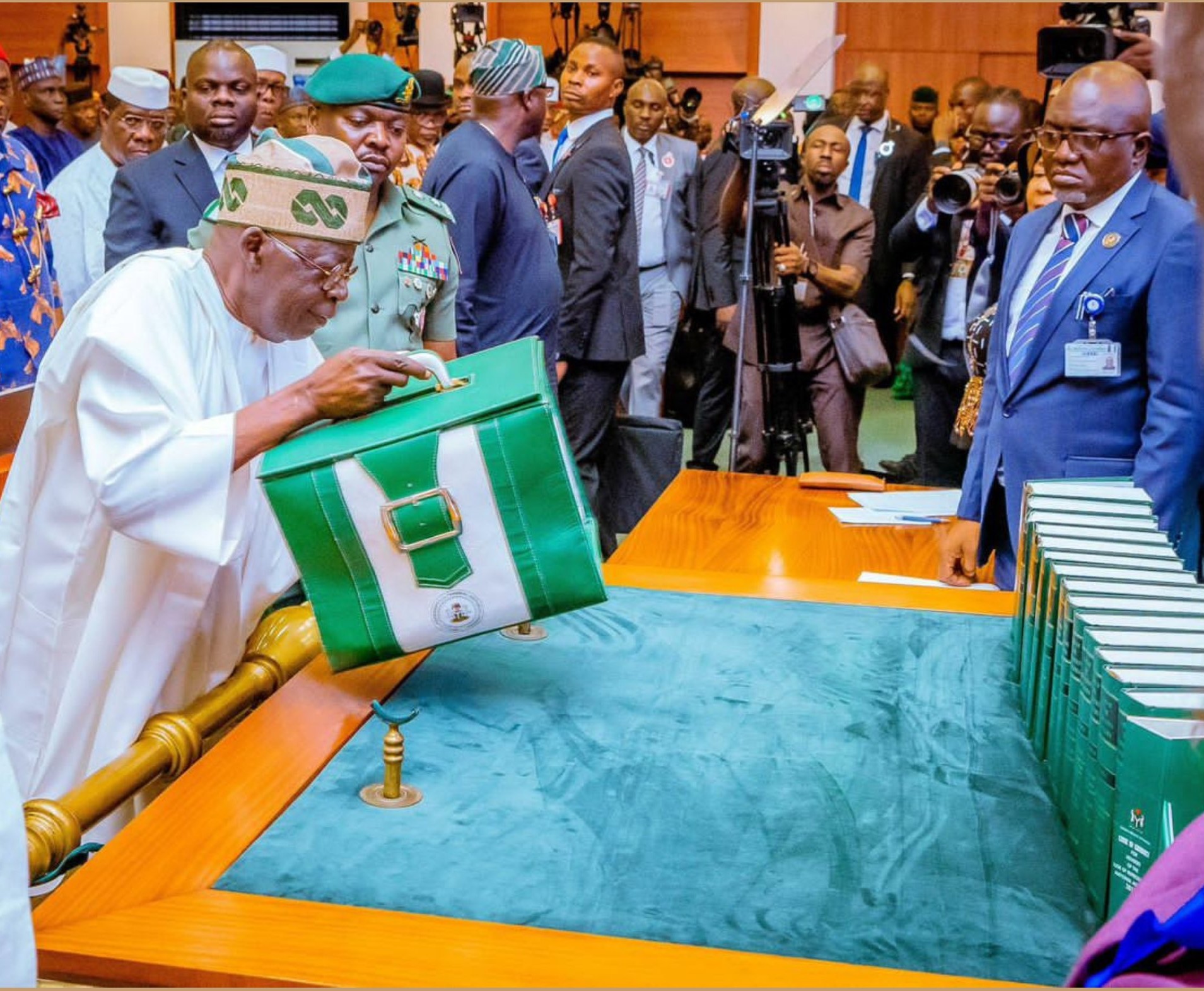A special variation of the public-private partnership (PPP) known as the public-private-community partnership (PPCP)- a variant of PPP where the community is one of the partners involved – is currently being implemented in Anambra State. In the last few months, Governor Chukwuma Soludo, the governor of Anambra State, has aggressively pursued the PPCP model in Anambra and the outcome of this model is becoming visible.
Governor Soludo was motivated to aggressively pursue the PPCP model in Anambra State because of the structure of Nigeria’s macroeconomic landscape and that of its subnational governments.
A comparison between Nigeria’s 2024 budget and the country’s gross domestic product (GDP) shows that government’s spending needs to be supported by private investment in order to boast infrastructural development.
Nigeria’s federal government’s 2024 budget is 28.77 trillion-naira ($29 billion) while its GDP is approximately $400 billion (using today’s exchange rate). This implies that only 7.3% of the country’s GDP is available to the federal government to spend and the remaining 92.7% of the country’s income, as it were, is in the hands of individuals, companies and other organizations. In fact, the story is the same in most states in Nigeria.
Advertisement
For context, let’s consider the United States’ GDP and its federal budget. The US is a $26.95 trillion economy while its 2024 federal budget proposal is $6.9 trillion.
This implies that the US federal government has about 24% of the country’s GDP to spend. Most state governments in Nigeria do not have this fraction of their GDP to spend.
In fact, the limited impact of the budget of the governments of most developing countries on public infrastructure can be resolved through the PPCP model.
The PPP model serves as a viable tool to support government’s drive for development.
Advertisement
However, some critics have argued that in PPPs most private sector partners focus on profit maximization and this fundamentally impacts universal access to quality public services, especially amongst the poor. But the jury is still out on the ultimate beneficiaries of a PPP.
However, PPCP counters some of the concerns raised by critics in relation to PPP projects, as it ensures a local foundation and focuses on local development rather than profitability as the only parameter of success since local communities are part owners of the investments. Globally, PPCP models are widely used in water and sanitation projects.
To be clear, public-private partnerships (PPPs) in infrastructure are not a new concept. However, since PPP uses private capital, it demands profit and many argue that some privately financed project might not be accessible to the poor. (To have impact on poverty reduction, some argue, infrastructure should be accessible to the poor at an affordable price). This has led many economists to discuss issues related to ‘’pro-poor PPPs’’ and PPCP models.
Since in many states in Nigeria, wealth is in the hands of private individuals and businesses, one of the surest ways some rural communities can enjoy accelerated growth is for wealthy individuals and businesses to work with government in developing their communities using PPCP models. Governments cannot do it alone.
Advertisement
In Anambra, the Soludo-led administration has showed its commitment to PPCP projects in health, education, water and road infrastructure. Hospitals built or renovated by communities and high net-worth individuals are being provided with health personnel by the state government in order to boast healthcare in the state. With the PPCP model, and the new health centers that would be built by the state government, Anambra can easily have at least one top-notch primary health center in each of its 326 wards.
The case of Neni Community in Anambra State is particularly interesting. A PPCP framework which allows the state government to fund the establishment of 16 solar-powered boreholes was agreed on. In this agreement, the Neni Community, in collaboration with the concessionaire, Birsa Water, would oversee the installation of water reticulation systems in the community.
Birsa Water will be responsible for the management, operation, maintenance, and revenue collection of water tariffs. The Neni Community, on its part, will handle the provision of new overhead tanks, the construction of water kiosks, and the installation of water meters in households.
There are many incentives the Soludo-led government has put in place to encourage community participation in development and to motivate wealthy citizens to support economic development in their communities.
Advertisement
Last Christmas, Governor Soludo commissioned a couple of PPCP projects – including roads, markets and hospitals (some of these projects where solely built by wealthy citizens in their respective communities).
These projects are not only pro-poor but have the potential for accelerating economic growth.
Advertisement
With PPCP projects, wealth and technology can easily be transferred to communities. The communities – in most cases with the support of their wealthy residents – are part owners of PPCP projects.
The Soludo-led government intends to use all variants of PPP – including the PPCP variant – and institutional capital from investors to develop Anambra State. Anambra is indeed ready for business.
Advertisement
Nwankwo is the special adviser on special projects to Soludo.
Advertisement
Views expressed by contributors are strictly personal and not of TheCable.

